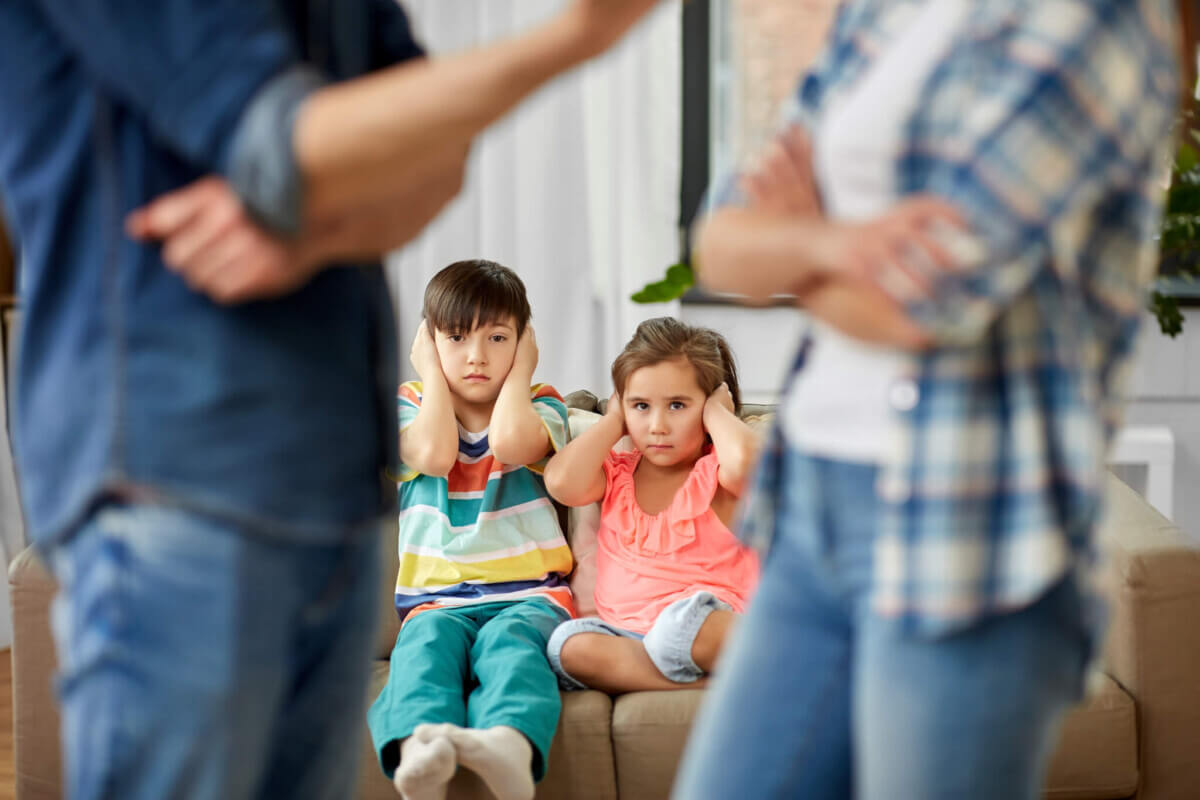
(© Syda Productions - stock.adobe.com)
ROCHESTER, N.Y. — Constant fighting between a mom and dad can have an incredibly adverse effect on their children. In fact, kids who experience constant fighting and conflict among their parents have been shown to be at a greater risk of developing mental health problems later on in life. However, a new three-year study conducted at the University of Rochester finds that a strong relationship between siblings can largely offset these negative effects.
Researchers, working in collaboration with colleagues from the University of Notre Dame and the University of Nebraska-Lincoln noted that children exposed to constant parental fighting during one calendar year respond much more emotionally and with higher levels of distress to parental conflict a year later. This exasperated response can subsequently lead to more serious mental health issues in the following year, creating a vicious cycle of parental fighting, distress, and stress-induced anxiety, depression, etc.
Teens who had a strong bond with their siblings, though, did not show the same elevated levels of distress to later parental disagreements, the research team noted.
The study focused on 236 teenagers and their families, all recruited from local school districts and community centers within a medium-sized metropolitan area located in the northeastern United States, as well as a small city in the midwestern United States. Each family was followed for a total of three years.
The researchers recorded indications of family strife, distressed responses, and mental health at three different times throughout the study; when the family's children were 12, 13, and 14 years old. The researchers came to these conclusions by making observations, conducting surveys, and holding semi-structured interviews with mothers about their children's inter-sibling relationships.
“Children may be using their siblings as sources of protection and emotional support—that is, as attachment figures,” says lead author and Rochester professor of psychology Patrick Davies in a media release. “If this were the primary reason for the protective effects, one might expect that younger siblings would benefit significantly more from being able to access support from an older sibling who is more capable as serving as a source of support. But this wasn’t the case.”
With this fact in mind, Davies and his team believe that other factors are at play. One such factor may be that siblings effectively function as fellow peers, introducing their brothers or sisters to outside activities, hobbies, sports, or friend groups that can help distract from problems at home. Additionally, constant parental fighting at home may cause siblings to take on a closer relationship than they normally would have, in which they express concerns to one another, talk about their emotions more openly, and provide overall support.
“We showed that having a good relationship with a brother or sister reduced heightened vulnerability for youth exposed to conflicts between their parents by decreasing their tendencies to experience distress in response to later disagreements between their parents.” Davies concludes.
For what it's worth, the study defined a strong sibling relationship as one that is characterized by warmness, openness, and problem solving, while simultaneously displaying low levels of conflict.
The researchers did caution, however, that the families in this study were mostly white and middle class, so their findings cannot be generalized to all races or socioeconomic classes in the United States.
The study is published in the journal Child Development.










